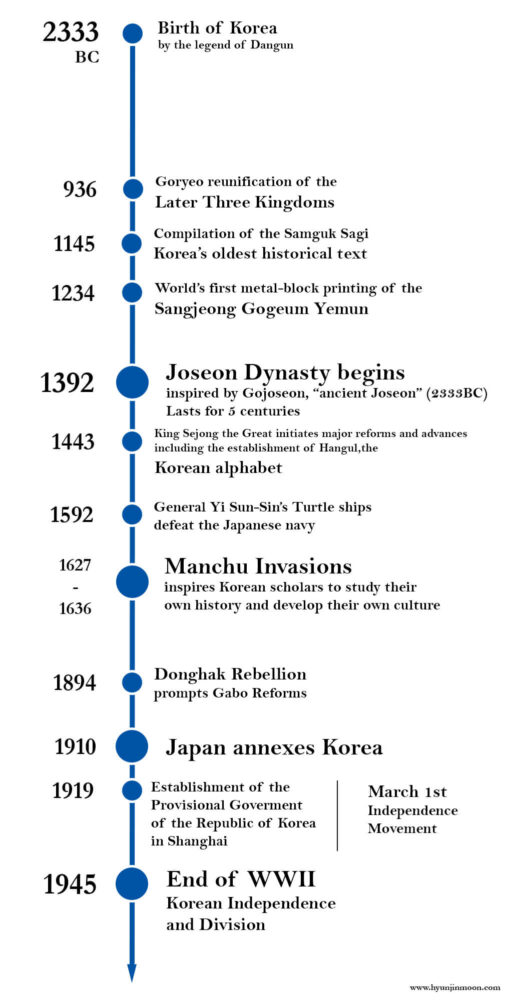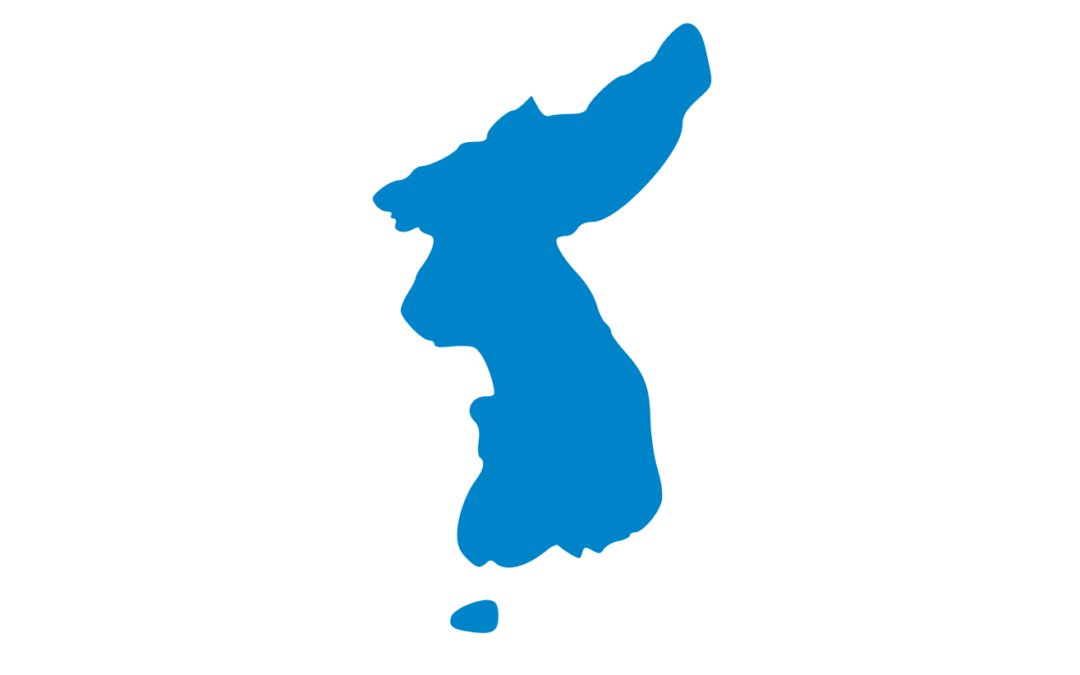Hongik Ingan is an ideal articulated at the time of the founding of the Korean nation. The origin of this idea is recorded in history as part and parcel of the story of Dangun, the first ancestor of all Korean people. It contains an exceptional aspiration that the Korean people would build a nation that “lived for the benefit of all humankind.”
And while remarkable in and of itself, upon close examination, the applications of Hongik ingan become truly significant in light of all the different challenges we face as a global community.
In Dr. Hyun Jin P. Moon’s book, Korean Dream: A Vision for a Unified Korea, he outlines just some of the manifestations of such an ideal in Korean history, including:
- A system of government that granted human rights and dignity to the people hundreds of years before modern Western forms of Constitutional government
- The constant aspiration to build an ideal nation through even the harshest of historical experiences
- A remarkably high level of religious freedom and spiritual orientation as a people
- A culture wherein the people viewed one another as members of one large extended family
- An outward and forward-moving orientation as seen in the entrepreneurial spirit and global mindset of the Korean people
Yet today, on both sides of the 38th parallel, we struggle to see the spirit of Hongik Ingan.
Understanding and studying Hongik Ingan as the spiritual roots of the Korean people is crucial to finding a way forward to the people of Dangun.
Excerpt from Korean Dream: A Vision for a Unified Korea:
Korean identity, originating in the Dangun founding story and the Hongik Ingan ideal, and forged through harsh historical experience, is inseparable from Korea’s destiny. Hongik Ingan laid out the principles that took root in the Korean consciousness, leading Koreans to aspire to high-minded ideals and adopt a fundamentally spiritual outlook toward life. On the level of society this produced the desire to establish an ideal nation and to become a source of inspiration and learning for the rest of humanity. […]
These characteristics run like a thread through Korea’s history and point us toward our unfulfilled destiny. They have given us the capacity to embrace a wide range of religions and ethical systems – Buddhism, Taoism, Confucianism, and Christianity – yet, always being able to adapt them to correspond with our unique spiritual consciousness – one that has been forged and tempered by a Korean reality and a pursuit of our destiny.
Unification is the next significant step towards realizing that destiny. However, to successfully achieve it, Korean must revive those core ideals that still burn deep within the Korean consciousness and are an essential foundation of our Korean identity.
The Hongik Ingan Timeline
Hongik ingan laid out principles and values that lead Koreans to aspire to high-minded ideals and adopt a fundamentally spiritual outlook toward life. Here is a timeline of events that took place throughout Korea’s early history that ignited the spirit of hongik ingan, inspiring the Korean people to reaffirm their identity and destiny and spark innovation.

To learn more, visit: Korean Dream

